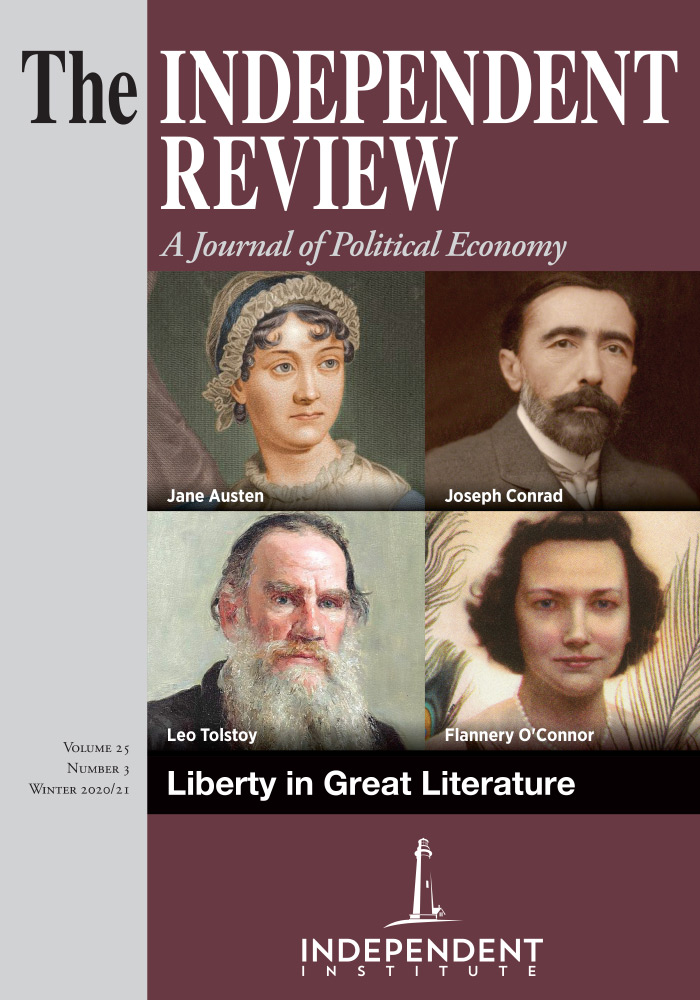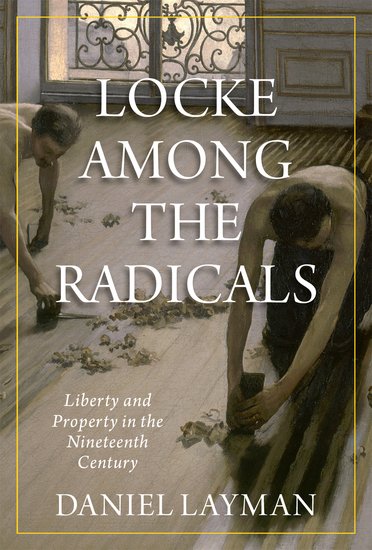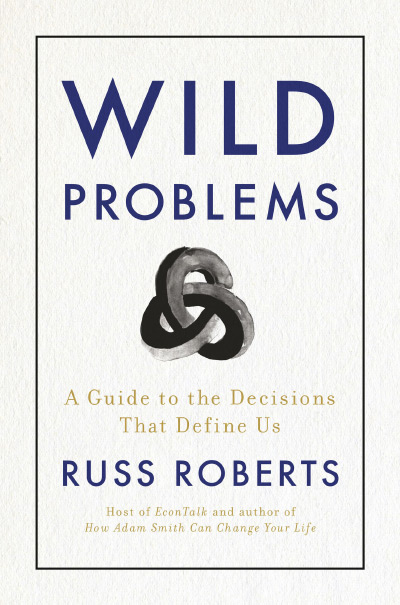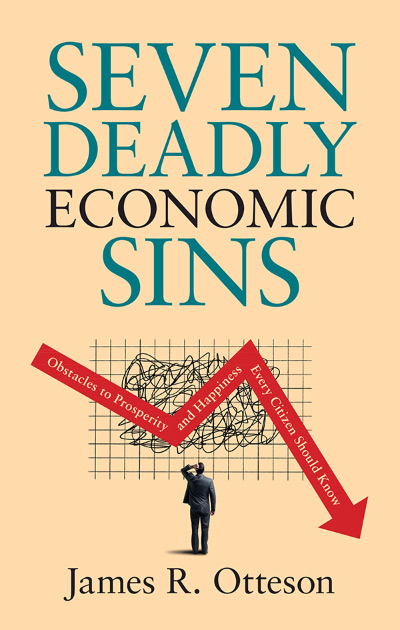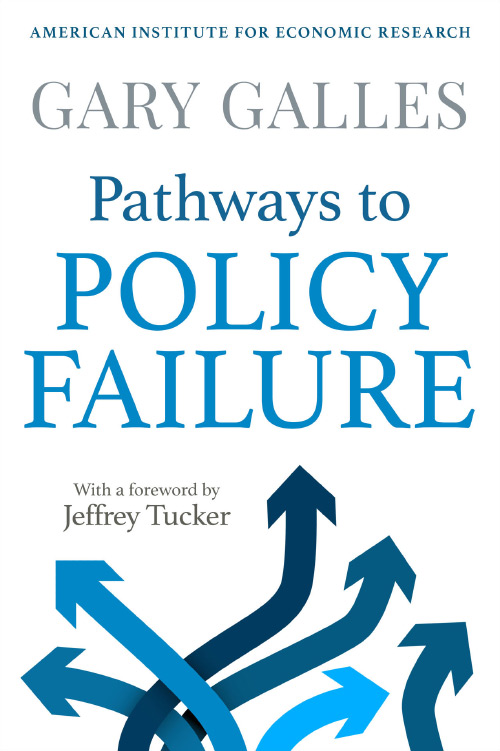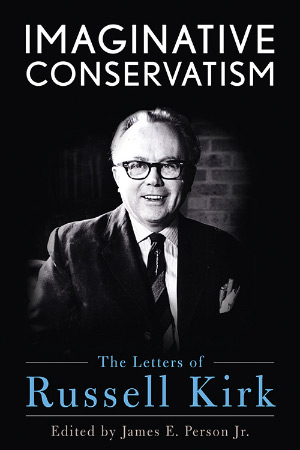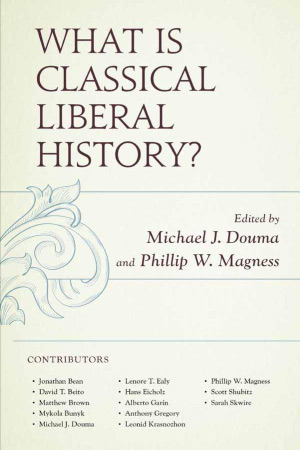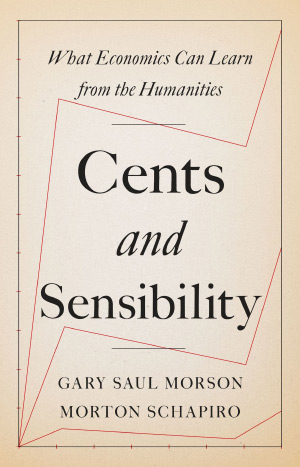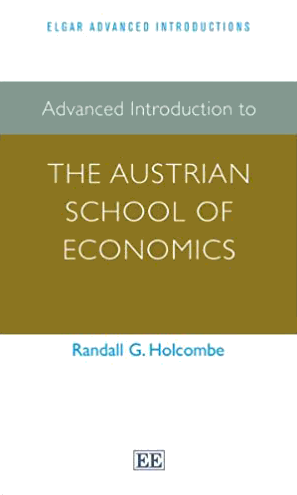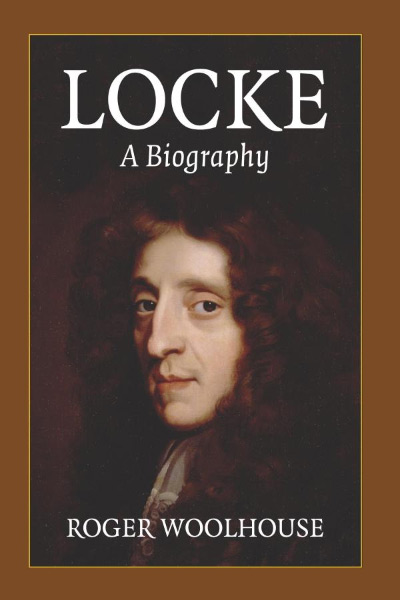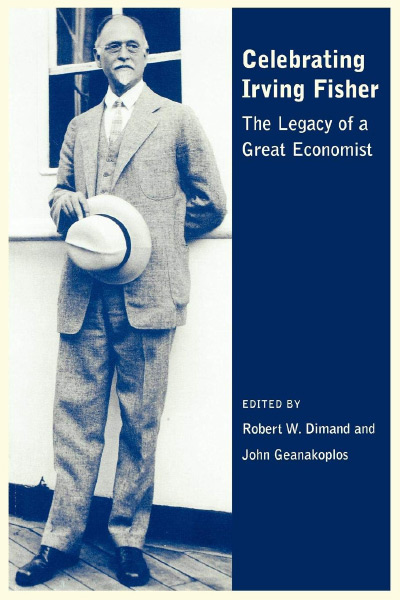Daniel Layman’s book is a remarkable study of four thinkers that he groups together as “a coterie of nineteenth-century radical Lockeans with a penchant for anarchy and anti-capitalism” (p. xi). The four form an unlikely circle: Thomas Hodgskin (1797–1869), Lysander Spooner (1808–1887), John Bray (1809–1897) and Henry George (1839–1897) are not often considered in association with each other. Few historians of ideas would immediately associate their names with John Locke (1632–1704), either. If anything, Henry George would be sketched as an opponent to Locke, on the crucial issue of the rationale of land ownership. Spooner wouldn’t be considered and read outside libertarian circles, where the sympathy of Murray Rothbard (1926–1995) anointed him as the forerunner of contemporary anarcho-capitalism.
Layman ’s great merit, thus, is to rescue these authors from their relative obscurity, considering them in their own right and reading them critically. The unprejudiced reader will soon agree with him that they have indeed something to tell us.
The gist of this book, however, lies in its outline of a Lockean tradition and in considering these authors in that context, as original contributors to this broader line of thinking. “Someone arriving on the scene today,” Layman comments, may think that “once Locke committed his ideas about property and self-ownership to paper in the 1680s, they lay dormant until Nozick conscripted them for service in his polemic against Rawls during the 1970s” (p. xii). Or he could believe that Locke ’s Two Treatises somehow underpinned the legitimacy of liberal democracy and their message somehow dissolved in the mainstream.
Layman instead looks for a radical development of those principles Locke first outlined, specifically in regard of property (self-ownership and external things). His objects of studies share a concern for “equal liberty under capitalism” (p. 7), as they experienced it. They lived in an era of intense social conflict and unprecedented technological change: could it be that the policies they endorsed and the viewpoints they supported have relevance for our world too?
Layman sees a puzzle in Locke ’s philosophy and searches for attempts to solve it. The author of the Two Treatises on Government “holds that the world belongs to all human beings in the sense that each person holds an equal claim to the world” yet “this leaves open the precise character of this claim. One possibility is that God has given us each an equal share of the world.” Another is that “we share the whole world in the same way that you and I share an apartment” meaning that people have the right to use the space in common for particular purposes (p. 44). But how does this assertion of world-sharing survive the introduction of money? As it is well known, Locke places two “provisos” to limit appropriation in the state of nature: “no one may take so much that it goes to waste . . . No one may take so much that there is not . . . enough left for others” (p. 52). The second proviso has been the object of intense speculation, and criticism, particularly by authors who do not like that Locke, basically, moves on from it, as soon as money is established. Money, emerging “by social convention and without the aid of the state” (p. 57), reduces transaction costs, facilitates trade among strangers, makes possible to exchange agricultural surpluses: “far from securing the ‘best advantage’ for the human community, eschewing the kind of development that monetary economies support would leave that community materially deprived. For this reason, Locke can hardly insist on the proviso as a permanent rule” (p. 55). Since “the natural law calls for us to derive as much value as we can from the world God gave us,” we should understand that “money (massively) increases our economic power to answer this call” (p. 58).
Some Lockeans stop here: they maintain that the Lockean proviso lapses as soon as we enter a monetary economy, for the perfectly good reason that what it was providing for is now taken care of by the more complex division of labor a monetary economy allows for. Before money enters the picture, somebody who is denied access to land is de facto condemned to destitution and starvation. Money makes it possible for us to apply our work to things other than land—and then exchange its products for the fruits of the soil. Surpluses will be produced because it will make sense to produce them, as they can be traded beyond the small circle of acquaintances barter would limit us to. But for Layman, Locke is establishing this transition to a monetary economy on a thin layer of consent and thus “even if individuals could have meaningfully consented to the use of money, it is simply false that consent to the use of money constitutes consent to any consequences that might develop from the use of money” (p. 61, emphasis added).
Such consequences of the use of money became all the more apparent in industrial societies, in ways that Locke could not have foreseen. Layman reflects on “how Locke might have addressed his property problem by turning to the state to adapt world-sharing to monetary conditions” (p. 65). He searches for solutions in Bray and George, forerunners of what today is called “left-libertarianism.” But he acknowledges that “alternatively, someone might simply reject the norm of world-sharing altogether. On this approach, people own themselves, but no one has any pre-appropriation claim, whether individual or collective, to the world.” This is the road taken by Hodgskin and Spooner.
When it comes to his normative ideal, Layman is looking more to Bray and George, who are more of a help in the project of developing a sounder “left libertarianism.” Yet he considers Hodgskin and Spooner fairly and, even more, with genuine curiosity and intellectual honesty. He does not twist their wrist but he provides a faithful account of the different “radical” developments of Locke’s political philosophy.
Hodgskin is aptly described by Layman as “a man against the state.” Layman considers Hodgskin, as a precursor of modern libertarianism, different than many who consider him a “Ricardian socialist.” He focuses particularly on the most “Lockean” of Hodgskin ’s treatises: The Natural and Artificial Right of Property Contrasted (1832). This is a vehement critique of Benthamism as understood by its author. Hodgskin had been a protégé of Francis Place (1771-1854), knew James Mill (1773-1836) and Jeremy Bentham (1748-1832) himself. In that work, he challenges the great social reformer, and Utilitarian, Lord Brougham (1778-1868), a founder of the Edinburgh Review and later a great voice for liberal improvement in England. Can improvement, Hodgskin asks, be entrusted to legislators who invariably tend to put their own interests first?
Before that, Hodgskin, who had served in the Royal Navy during the Napoleonic wars, published a forceful denunciation of abuses aboard naval vessels (An Essay on Naval Discipline, 1813), a remarkable chronicle of his sojourn in Germany (Travels in the North of Germany, 1820) and two other political pamphlets, Labour Defended Against the Claims of Capital (1825) and Popular Political Economy (1825). Though his name was to fade away in the mist of anonymous journalism—which was his main means of support for most of his life—in the 1820s, Hodgskin was at the center of the radical stage in London. Labour Defended denounces the idleness of “capitalists,” that he identifies with a class extracting value from its proximity to political power. What Hodgskin has in mind is what we call “crony capitalism.” But if today the liturgies of democracy tend to make the distribution of economic privileges by political power more opaque, and political bargains pervasive, at the time franchise was so limited that for Hodgskin it appeared natural that all legislation was class legislation. He attacked Benthamism as he considered legislators could not but meddle with society and the economy in ways in which they would themselves benefit: as he wrote in Labour Defended, “legislators have always belonged to the non-labouring classes of society, and it seems bad, therefore, for the poor man to have any law of this kind emanating from them.”
Hodgskin ’s devastating criticisms were, however, targeted to a world dominated by politics. He never thought a market economy was to be somehow superseded, nor means of production ought to be nationalized. He considered the price system as “the finger of Heaven, indicating to all men how they may employ their time and talents most profitably for themselves, and most beneficially for the whole society.” Layman acknowledges that Hodgskin ’s view on appropriation, if the latter was “natural” and did not happen through political meddling, appeared “to be that people have a right to what they make from appropriately acquired resources, and that distributions of property cannot be objectionable in any way so long as they possess a rightful pedigree founded on an individual ’s labor” (p. 80). His attack on capitalism was actually a denunciation of “conquests and coercive extractions by the state, its agents, and its sycophants” (p. 83). Hodgskin indeed did not “attribute the economic evils he criticized to any feature . . . endemic to property or markets as such” (p. 84).
It seems to me that Layman makes too much of Hodgskin ’s anti-capitalism. In Hodgskin’s time, capital was mysterious to most economists who did not see through this concept clearly before Eugen Ritter von Böhm-Bawerk (1851-1914) eventually made sense of it. In his Labour Defended, Hodgskin also defended intellectual work (which he saw on par with manual one) and stated that “masters, it is evident, are labourers as well as their journeymen. In this character their interest is precisely the same as that of their men.” While he thought capital (in the form of instruments and machineries) was in itself a product of labour and criticized those who controlled it because of political privilege, he thought the organizing of factors of production was best left to somebody who specialized in this very function.
Layman sees Spooner as “a Lockean voice within American individualist anarchism” (p. 119). Layman ’s investigation of the American lawyer and frustrated postal entrepreneur is thorough and extremely valuable. Even libertarians tend to regard Spooner exclusively as a brilliant exposer of the paradoxes of the social contract. Layman instead sketches the evolution of Spooner ’s idea, from radical constitutionalist to libertarian anarchist. Randy Barnett has long pointed out that Spooner is a profound thinker (see, for example, “The Significance of Lysander Spooner,” Liberty Matters, Jan. 2016), and Layman vindicates that idea. The fil rouge through different phases in Spooner ’s reflection appears to be that “law stands, as a conceptual matter, in contrast with arbitrary power” (p. 109). A higher law is thus in tension with legislated law: hence the parallel Layman draws between Hodgskin and Spooner. But the latter was more explicit in rejecting the essence of government coercion, as he famously wrote that it was for the individual “to decide whether he desires such protection as the government offers him.”
In Spooner ’s thought, Layman finds the emergence of “the libertarian conjunction of an abhorrence of arbitrary power and a strict historical conception of justice” (p.129). This “constitutes the conceptual heart of right-libertarian as we know it today,” at least in its natural rights version. Layman is not satisfied with it as he sees power relationships as the necessary outcome of any economy, even if all transactions are between lawful holders of property: “if someone ends up with enormous wealth through a series of just transfers while another person ends up with little, there may be a number of economic choices within which the poor person depends on the rich person” (p. 129).
Layman has a brilliant definition of arbitrary power: “To have arbitrary power over another person is to have standing to control her options however one sees fit, for any reason or no reason, without appeal to any shared norms or practices to which one is accountable. To the extent that one person has arbitrary power over another— “because I said so!”—is all the justification his edicts require” (p. 28).
He does not, however, buy into Hodgskin ’s view that “arbitrary power just is power beyond private property rights” (p. 88). He sees his own inquiry as an attempt to understand “the problem of Lockean property in relation to economic power by focusing on these few nineteenth-century thinkers” (p. 7).
At the very end, his ambition is to “reaffirm the Lockean ideal of world-sharing, but give up on interpreting that idea in terms of equal division, whether of an equal-share or equal-opportunity variety, and embrace instead a left-Lockeanism grounded in Public Positive Community” (p. 232). The work of Hodgskin and Spooner is thus taken mainly as a cautionary tale against the paradoxes of the “equal-share” and “equal-opportunity” version of Left-Lockeanism. His treatment of all his subjects is, however, fair and sympathetic and hopefully will inspire other scholars too, in considering Hodgskin, Spooner, Bray and George properly.
While Layman points out that such efforts will need to determine empirically which institutions best answer such a vision of world-sharing “not under the original conditions that Locke imagines, but under our own” (p. 233), the reader (or at least the present reader) struggles with making sense of his normative proposals. Layman ’s book offers, perhaps unintentionally, a staggering contrast between the crystal-clear denunciation of political authority by Hodgskin and Spooner, which Layman brilliantly elucidates, and the claims of contemporary left libertarianism. Perhaps reading the emergence of money in Locke as solving the problems addressed by the two provisos is “simple.” But simple ain ’t necessarily wrong.
| Other Independent Review articles by Alberto Mingardi | |
| Spring 2021 | Why Italy’s Season of Economic Liberalism Did Not Last |
| Winter 2020/21 | A Lesson in Humility, a Lesson for Our Times: Alessandro Manzoni’s The Betrothed |

